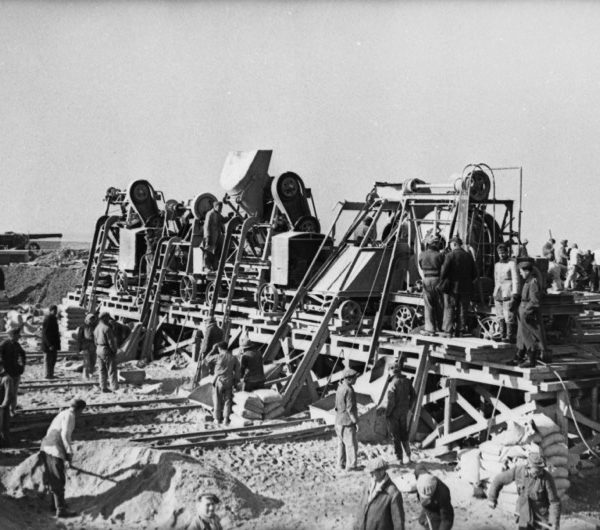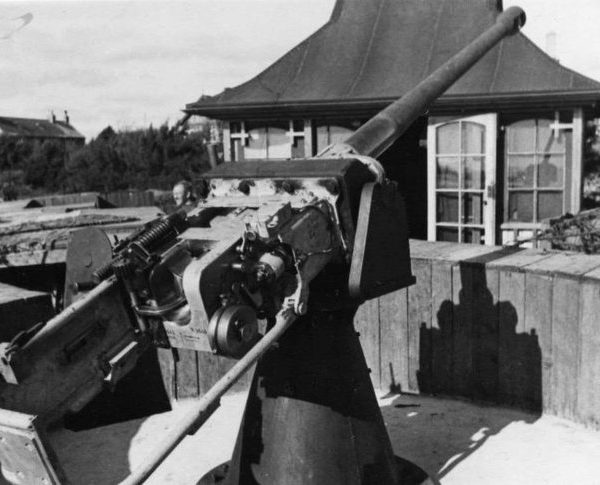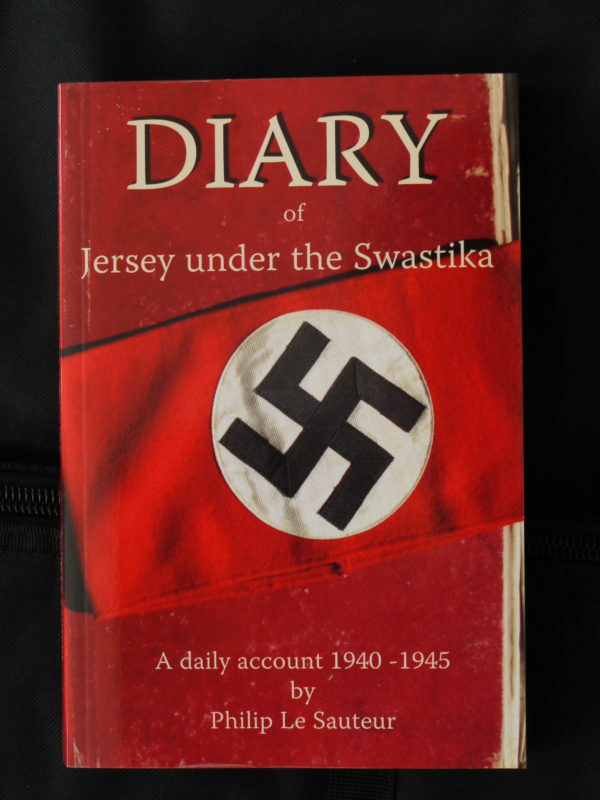For those wanting to understand the impact of the German occupation on the local population and everyday life, this is the tour theme for them. Whilst the overwhelming presence of German military forces dominated the lives of islanders and the sheer scale of the fortification and bunker construction around the island the biggest building site that Jersey has ever seen and likely to see, Islanders went about their daily lives, adapting to the change of circumstances.
Most tried to avoid contact with the Germans, and in the early part of the German Occupation, that was relatively straightforward as the occupiers were kept busy with construction and training. Here in theChannel Islands, the local population was insulated from the true horror of what Nazism meant – warped idealogical and racial beliefs, a war ecomony underpinned by forced and slave labour. As the war dragged on, whilst certain noticeable aspects of Nazism were forced upon Islanders, they did not experience the brutal treatment meted out to the populations of Occupied Europe who were beginning to organise their armed resistance. Indeed many in the island population realised that many of the ordinary German soldiers weren’t rabid Nazis and they too were surviving as best they could within that Nazi regime.
Many Germans had begun to doubt Hitler, who had promised and achieved so much in the first two years of the war, but they knew as doubters and dissenters, they could be punished with imprisonment and even death if these thoughts were ever made public. Fortunately for the German troops garrisoned in the Channel Islands, they were never called upon hold out until the last bullet and to sacrifice themselves for the Third Reich.
The Occupation drove some islanders to risk everything by trying to escape – some succeeded and others failed, being imprisoned or worse, died in the process. At the end, hunger and illness were potential killers and it is undoubtedly the case that the arrival of Red Cross supplies saved many in 1945.
The period of the German Occupation is a fascinating one. Few can comprehend what it is like to be occupied by enemy forces and losing freedoms which are normally taken for granted.
I am fortunate to have some unique family stories from the Occupation that I will share with you. Half of my family remained in Jersey for the 5 years of German Occupation and the other half, being a military family with a pre-war posting in Jersey were evacuated in 1940 only to return and be reunited with the rest of their family after those 5 years.
This tour will normally circles the Island and therefore includes most of Jersey’s best scenery. We can include a visit to a bunker for a close-up experience and the Occupation Tapestry Gallery to view the modern “Bayeux Tapestry” of the German Occupation with its multi-media enhanced displays. For those wanting a little more of the military history and artefacts, the Channel Islands Military Museum can be included.

 We offset our carbon footprint for each tour and additionally match it with a donation towards seagrass conservation
We offset our carbon footprint for each tour and additionally match it with a donation towards seagrass conservation



